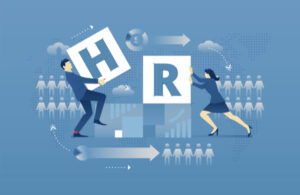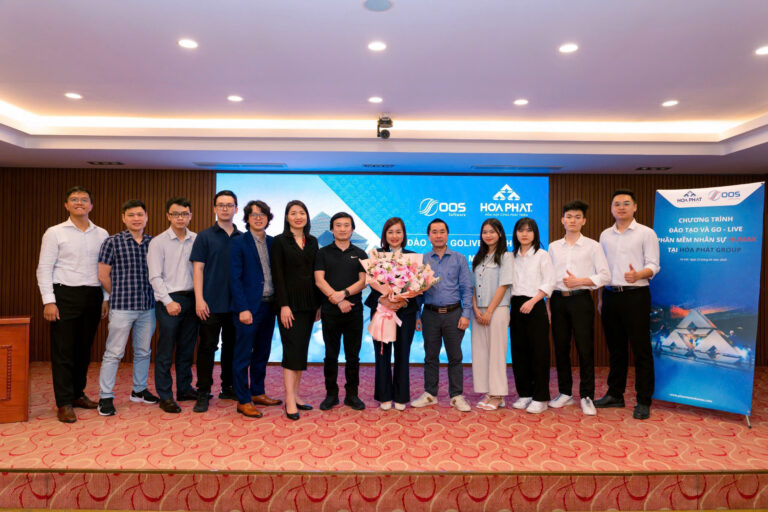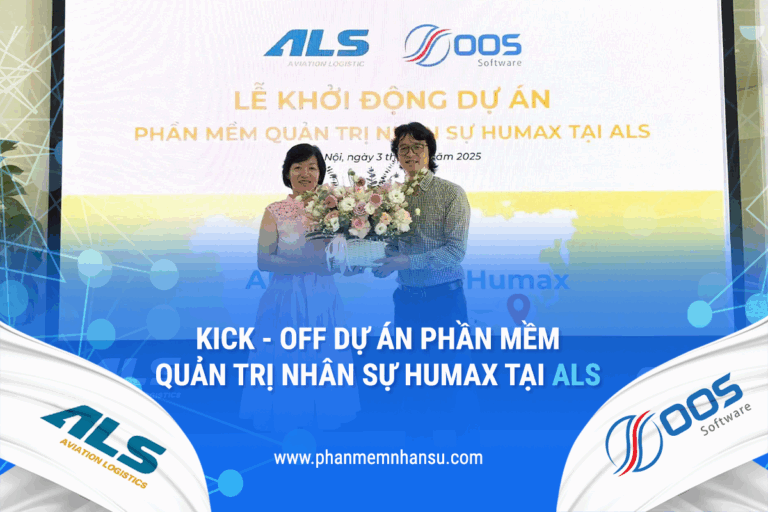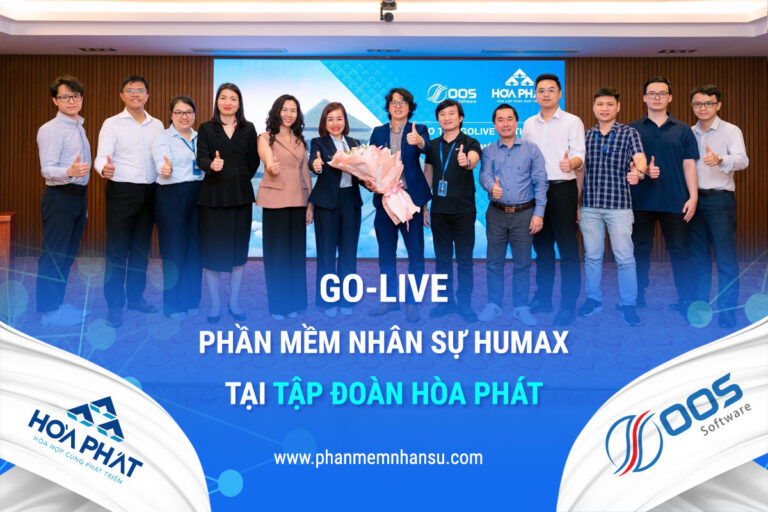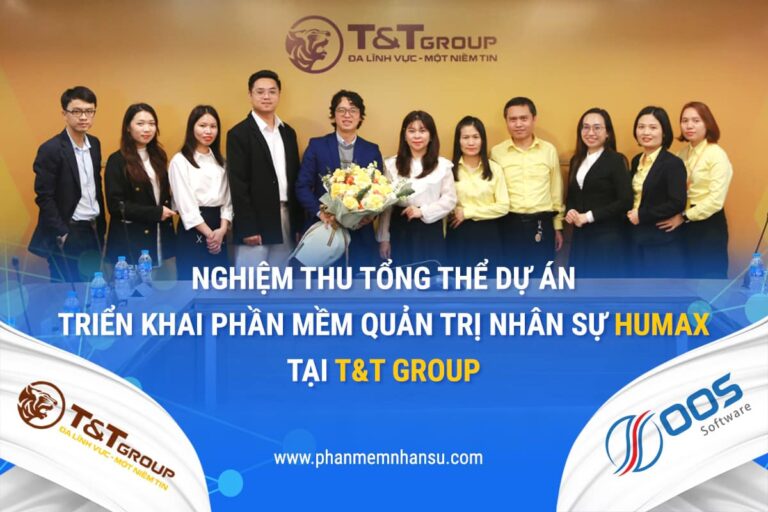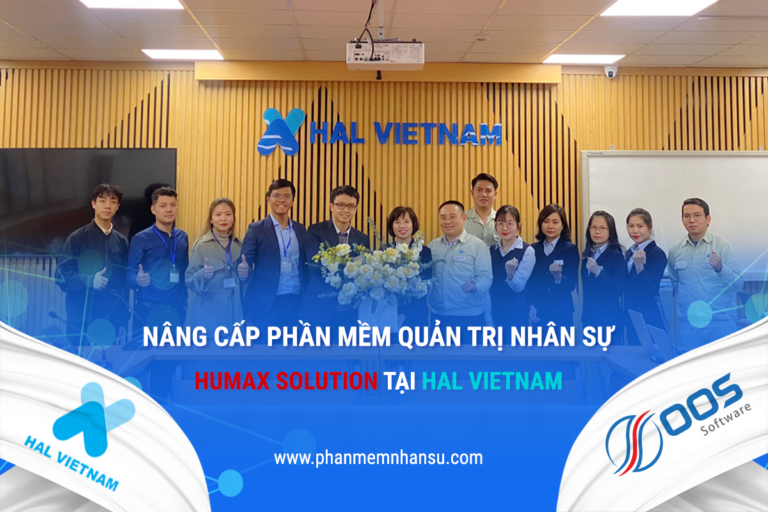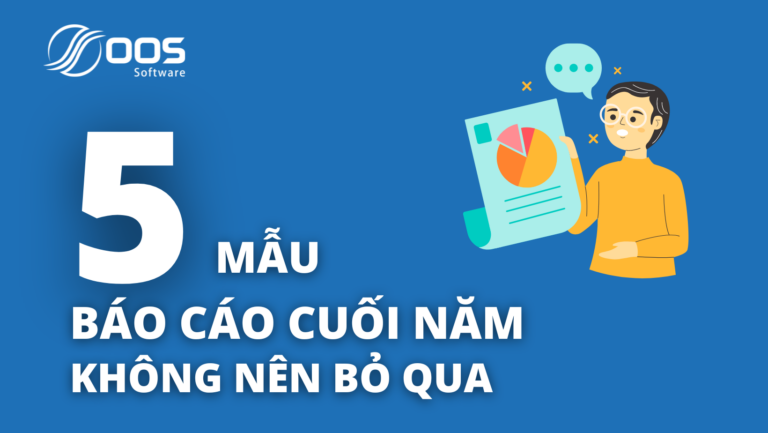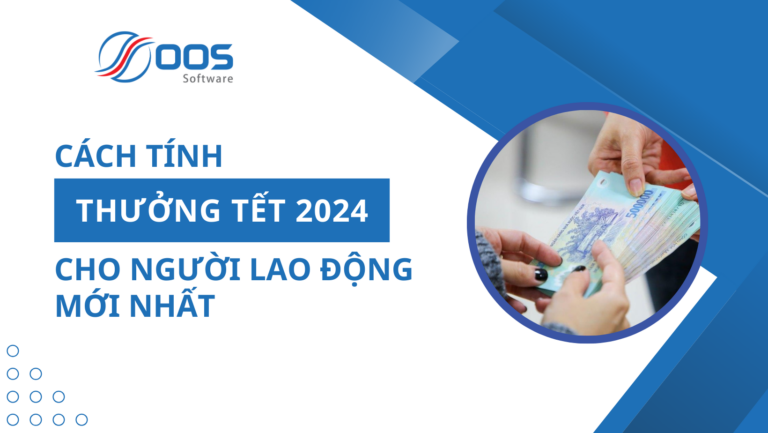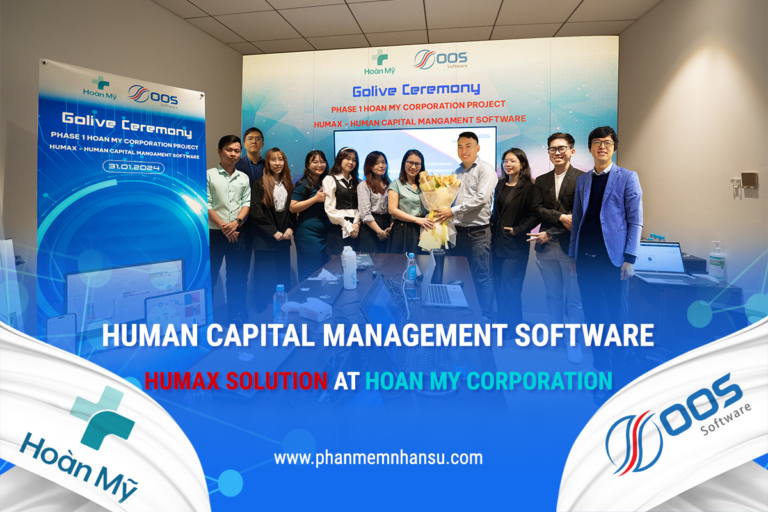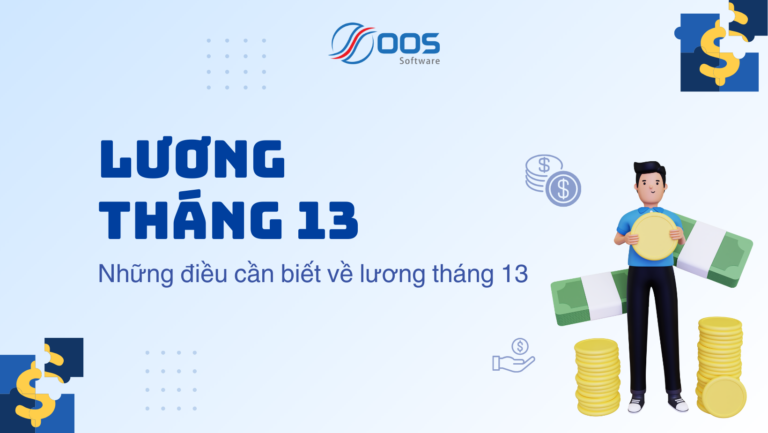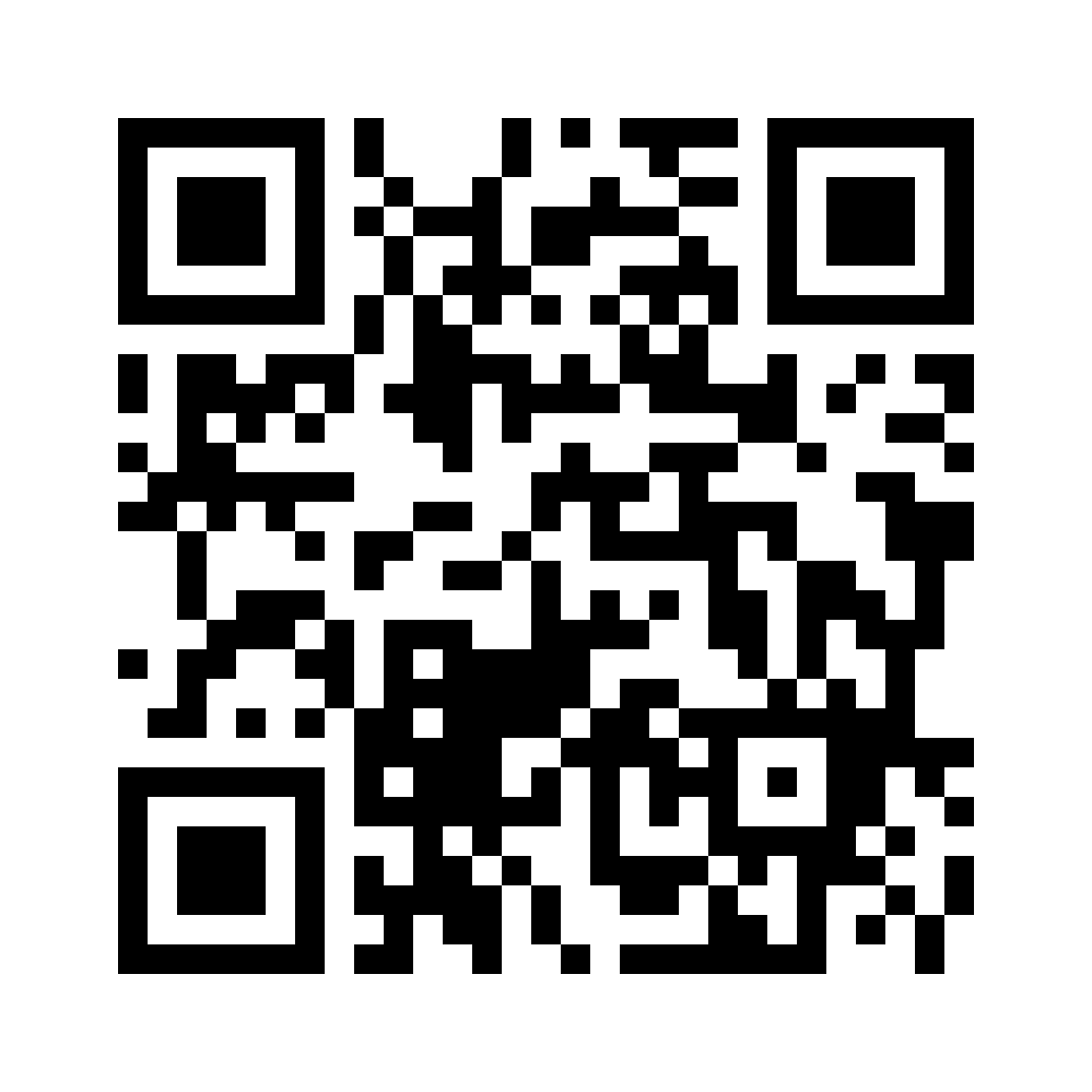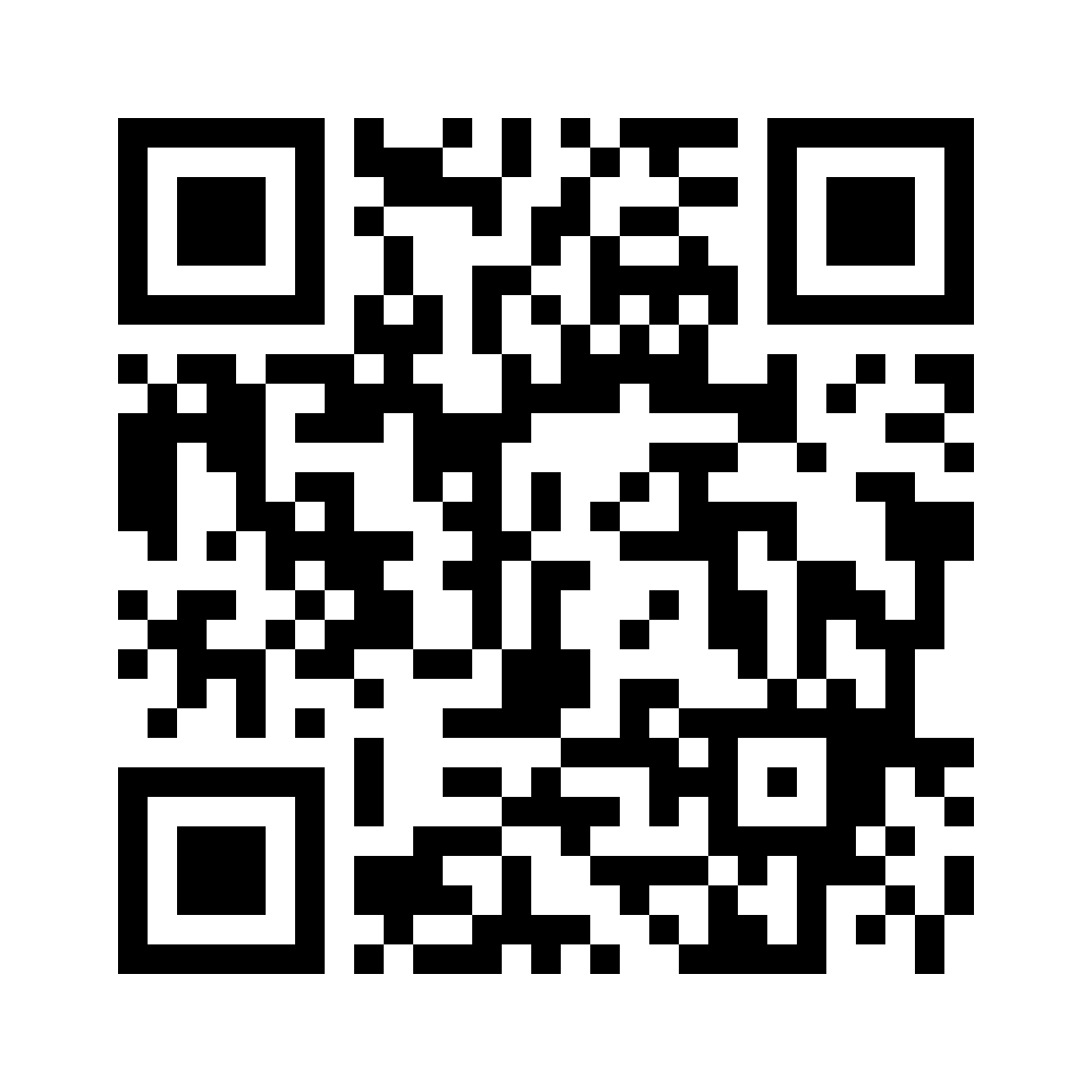Human resources are a valuable resource of an enterprise, and human resource management requires the coordination of many different departments in the human resources department.
The human resources department is an integral part of an enterprise, a place to interview and test to recruit new employees, a department in charge of taking care of workplace life and making decisions related to the workplace. welfare of workers. In short, as its name suggests - Human Resources, the human resources department manages all things related to human resources.
People are one of the most important resources of any business organization. Along with capital, labor is the basic input for any business process. In addition, humans also have the most complex behavior and psychology, not pre-programmed and easily controlled machines.
Therefore, recruiting talents to strengthen the company's workforce; Managing people to ensure that each individual feels satisfied with his or her rights, feels most comfortable in the workplace as well as working together effectively is the ultimate goal of the HR department.
With such heavy responsibilities and such a large workload, businesses need to specialize positions in the human resources department to divide them into smaller departments that perform a certain function, thereby optimizing efficiency. management results. A typical HR department consists of the following main departments:
• Recruitment Department
• Compensation and benefits department (C&B – Compensation & Benefits)
• Administration Department (HR Admin)
• Training and development department (T&D – Training & Development)
1. Recruitment department in HR department
The recruitment department is the department that searches and recruits personnel for the business. They will not sit and wait for candidates to apply, but will also perform the work of headhunters, headhunters. This department will both plan recruitment and directly execute recruitment campaigns. Therefore, they will have to be very meticulous from preparation to implementation.
The recruitment department also has to coordinate with other departments, find out the recruitment needs of each department to decide on the content of the job posting, when to post it, the channels to use, or how to attract customers. a large source of qualified and qualified candidates to apply for the job.

Specific duties of the recruitment department include:
• Planning and implementing recruitment activities to meet the operational and development needs of the business.
• Post recruitment information on channels, provide full information for candidates, approach potential candidates
• CV screening and record keeping of candidates;
• Arrange interview schedule for candidates;
• Conduct candidate prequalification in person or by phone.
• Check and assess the candidate's ability;
• Organizing events to attract personnel;
• Building a network of potential candidates for recruitment needs;
• Compose documents, types of correspondence: confirmation letters, rejection letters, recruitment reports;
• Associate with quality human resource sources: Universities, Colleges, vocational training units... suitable for the business field of the unit.
• Resolve legal issues in recruitment.
2. Compensation and benefits (C&B) department in human resources department
In the human resources department, C&B is one of the departments that every company pays the most attention to. Employees of this Department will develop and manage the system of salary, benefits, rewards and other company policies. All these jobs are to ensure the fairness of the interests of the employees in the company and in accordance with the regulations of the State.
The C&B department is considered to be the one holding the balance of income of all employees in the company, salary policy is one of the important areas of personnel, so the C&B department needs to be able to handle and analyze the effective data.
In addition to holding the balance of income, C&B also takes care of employee welfare policies. C&B is the person who will be responsible for the issues of salary, bonus, compensation, welfare policies, legal procedures, employee's working schedule, so it is necessary to have a thorough knowledge of labor law, insurance law. insurance, etc., and related dispatches and decrees.

Specific tasks of C&B:
• Perform timekeeping, management of leave, tardy, absenteeism...;
• Develop salary table according to job position and capacity;
• Develop policies on welfare, remuneration, reward, discipline, insurance regime, tax payment...
• Handling disputes arising in labor relations;
• Employee satisfaction survey;
• Building an effective evaluation system for each job position and level;
• Manage labor contracts and employee records;
• Carrying out operations on social insurance, health insurance...
• Calculating salary and related welfare policies for company employees.
3. Administrative department in HR department
The Administration Department can be considered as the “housekeeper” of the company. They will be responsible for all documents, procedures, records related to employees, assets of the company.

This department performs all administrative and personnel related work (stationery, scheduling meetings, appointments, answering phones…) and can also concurrently perform some tasks of other departments:
• Management of labor contracts for employees, employee records, personnel scheduling;
• Instruct new employees on labor contracts, clarify salary levels, and welfare policies at the company.
• Monitor and implement the leave or contract expiration according to regulations.
• Prepare periodical reports and perform other tasks as directed by superiors.
• Perform courier delivery, delivery of documents, contracts, invoices for the company and departments;
• Manage paperwork, procedures such as labor contracts, certificates of merit, letters, procedures for accepting jobs, leaving jobs, or terminating contracts...
• Procurement, tracking inventory of company assets, stationery..
• Support to organize travel events, teambuilding, teambonding in the company; building company culture
• Monitor the company's rules, routines and culture;
4. Training and Development (T&D) department in HR department
The training and development (L&D) department is tasked with improving team and individual performance by fostering knowledge and honing skills for employees. Training and development is one of the key HR functions. Most organizations consider training and development an integral part of human resource development.

Training is intended to improve or develop additional competencies or skills in an employee in his current job to increase productivity and work efficiency. The training and development department also creates opportunities to help employees grow further in their careers. Employee development is of a long-term nature that benefits employees in their career progression, while training has a shorter-term purpose of immediate improvement in their current job.
The training and development department has several roles such as:
• Plan and implement training courses and classes for employees to improve knowledge and skills to meet job requirements.
• Develop training plan, ensure the training plan takes place as planned.
• Monitor and evaluate the quality of training programs implemented.
• Guide rules, professional training and popularize corporate culture for new employees.
According to oos.com.vn
